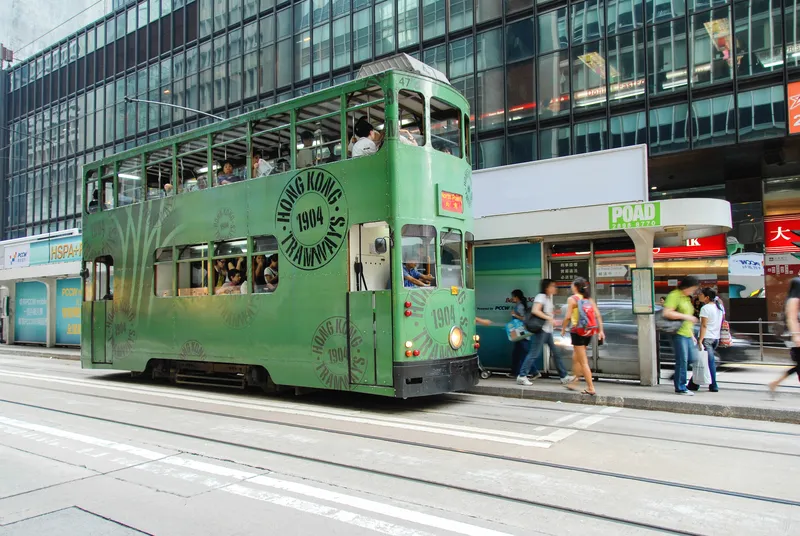In just three months, more than 11,000 users of the Nantes public transportation network, SEMITAN, have opted for post-payment.
The service is based on the Libertan contactless cards introduced in August 2013, which allow passengers to travel on the entire public transportation system in the Nantes urban area, including buses, trams and regional trains.
Libertan card users can opt for an unlimited annual pass or the customised post-payment service, where they are billed two months later. To deploy t
March 5, 2014
Read time: 1 min
In just three months, more than 11,000 users of the Nantes public transportation network, SEMITAN, have opted for post-payment.
The service is based on the Libertan contactless cards introduced in August 2013, which allow passengers to travel on the entire public transportation system in the Nantes urban area, including buses, trams and regional trains.
Libertan card users can opt for an unlimited annual pass or the customised post-payment service, where they are billed two months later. To deploy the service, SEMITAN opted for4186 Xerox’s Atlas interoperable and multimodal ticketing system. Data from 1800 TAN validators send passenger data by wi-fi or 3G to be processed by SEMITAN’s customer management and billing software.
Éric Bourgeois, systems projects manager for network operator SEMITAN, says: “Post-payment has boosted use of the network and introducing contactless cards for our unlimited and customised alternatives has reduced fraud."
The service is based on the Libertan contactless cards introduced in August 2013, which allow passengers to travel on the entire public transportation system in the Nantes urban area, including buses, trams and regional trains.
Libertan card users can opt for an unlimited annual pass or the customised post-payment service, where they are billed two months later. To deploy the service, SEMITAN opted for
Éric Bourgeois, systems projects manager for network operator SEMITAN, says: “Post-payment has boosted use of the network and introducing contactless cards for our unlimited and customised alternatives has reduced fraud."







